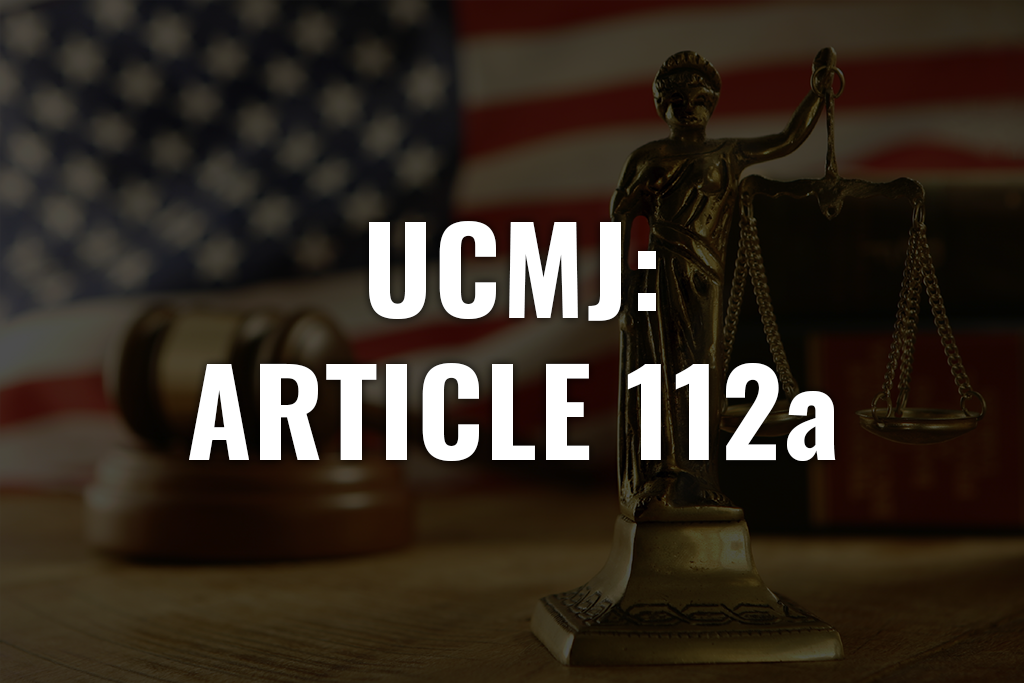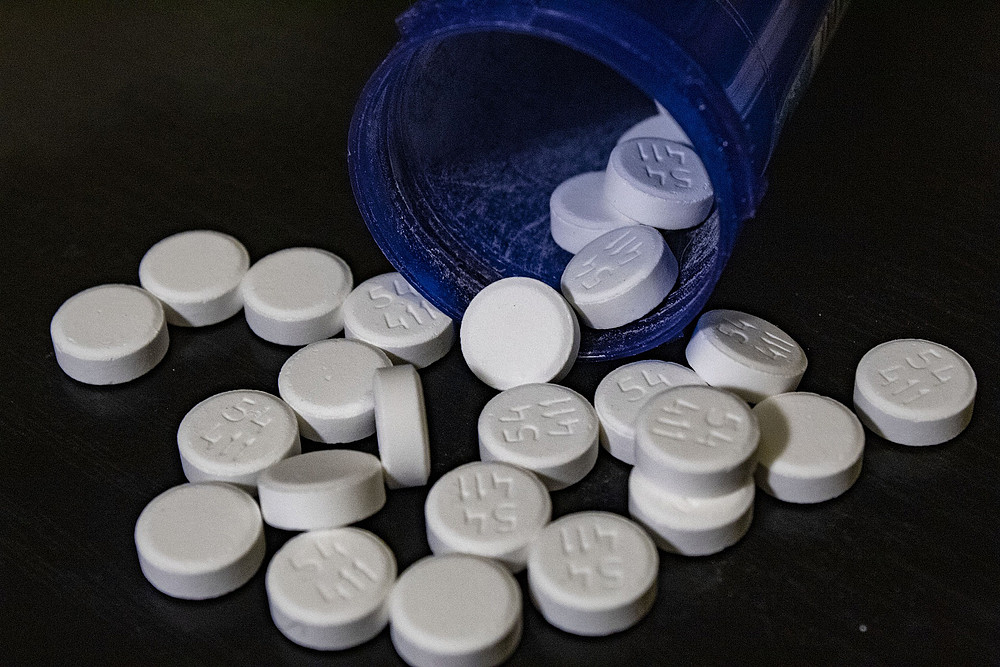Military Lawyer for Manufacture of Drugs with Intent to Distribute – Article 112a
At Bilecki Law Group, We believe every service member has earned their right to an aggressive defense on their day in court. We specialize in taking the fight to the prosecution and winning cases that others said were unwinnable.
Home Manufacture of Drugs with Intent to Distribute
Wrongful Manufacture – With Intent To Distribute (Article 112a)
To be convicted of wrongful manufacture or wrongful manufacture with intent to distribute a controlled substance under Article 112a of the Uniform Code of Military Justice, the prosecution must prove that you manufactured a certain quantity of a controlled substance. You must also actually know that you manufactured the substance. Finally, you must also know that the substance you manufacture was of a contraband nature and the manufacture by you must be wrongful. If you are charged with wrongful manufacture with intent to distribute, the prosecution must also prove that the manufacture was with the intent to distribute.
Definitions and Defenses Under Article 112a, UCMJ

Knowledge of Presence of the Substance At Issue Under Article 112a, UCMJ
Knowledge of the Nature of the Substance At Issue Under Article 112a, UCMJ

Intent to Distribute Alleged
Deliberate Avoidance Under Article 112a, UCMJ
- You did not know for sure that the substance was not of a contraband nature.
- You were aware that there was a high probability that the substance was of a contraband nature. And,
- You deliberately and consciously tried to avoid learning that, in fact, the substance was of a contraband nature, then the jury may treat this as the deliberate avoidance of positive knowledge. Such deliberate avoidance of positive knowledge is the equivalent of knowledge. In other words, the jury may find that you had the required knowledge if they find either that you knew the substance you manufactured was of a contraband nature, or deliberately avoided that knowledge.
Exceptions to Wrongfulness Under Article 112a, UCMJ
Maximum Punishment For Article 112a, UCMJ
Wrongful Manufacture of a Controlled Substance
- Amphetamine, cocaine, heroin, lysergic acid diethylamide, marijuana, methamphetamine, opium, phencyclidine, secobarbital, and Schedule I, II, and III controlled substances: Dishonorable Discharge, Total Forfeitures, 5 years Confinement, Reduction to E-1.
- Phenobarbital, and Schedule IV and V controlled substances: Dishonorable Discharge, Total Forfeitures, 2 years Confinement, Reduction to E-1.

Wrongful Manufacture With Intent to Distribute
- Amphetamine, cocaine, heroin, lysergic acid diethylamide, marijuana, methamphetamine, opium, phencyclidine, secobarbital, and Schedule I, II, and III controlled substances: Dishonorable Discharge, Total Forfeitures, 15 years Confinement, Reduction to E-1.
- Phenobarbital and Schedule IV and V controlled substances: Dishonorable Discharge, Total Forfeitures, 10 years Confinement, Reduction to E-1.
Fighting Your Drug Manufacture Charges
The military is often far more interested in making an example out of you than they are at giving you a fair trial and proper sentencing. NCIS, CID, commands, and prosecutors take drug manufacturing very seriously and these cases become high visibility very quickly. This won’t be just another drug pop, if you are accused of manufacturing drugs with the intent to distribute, the JAG will bring their best prosecutors to prosecute the case.
